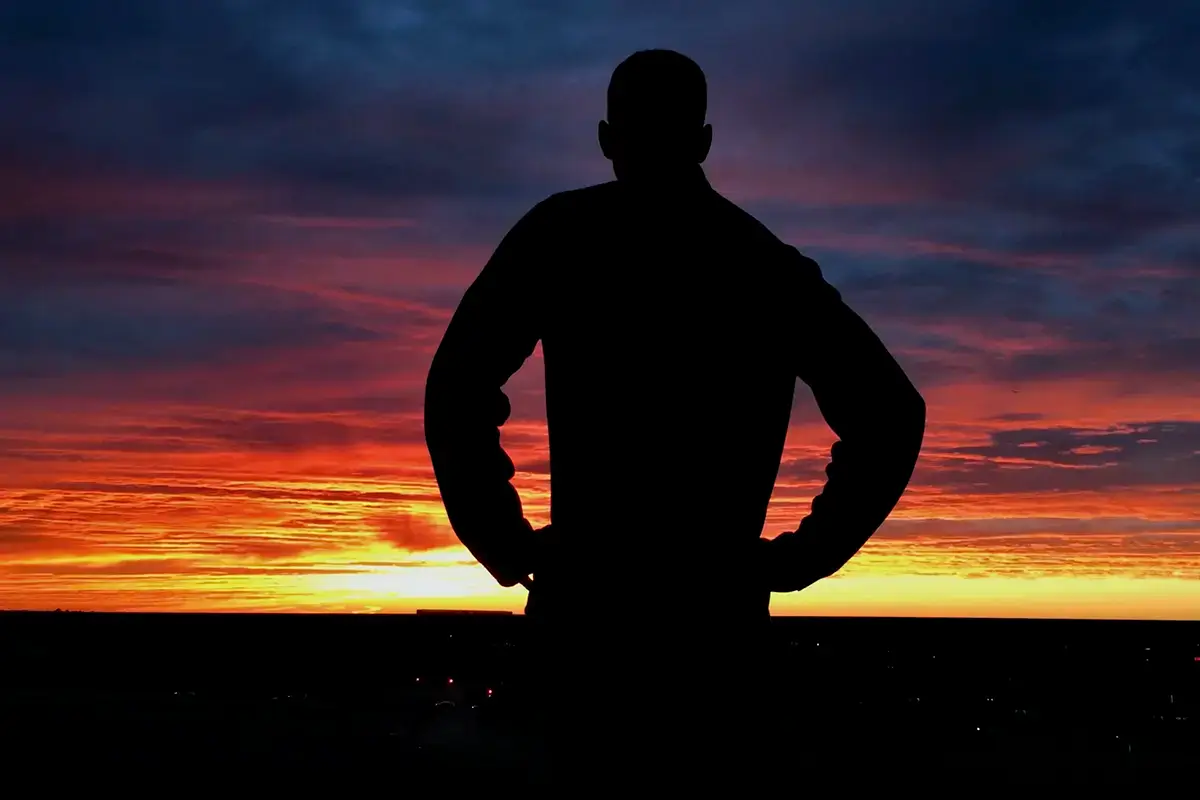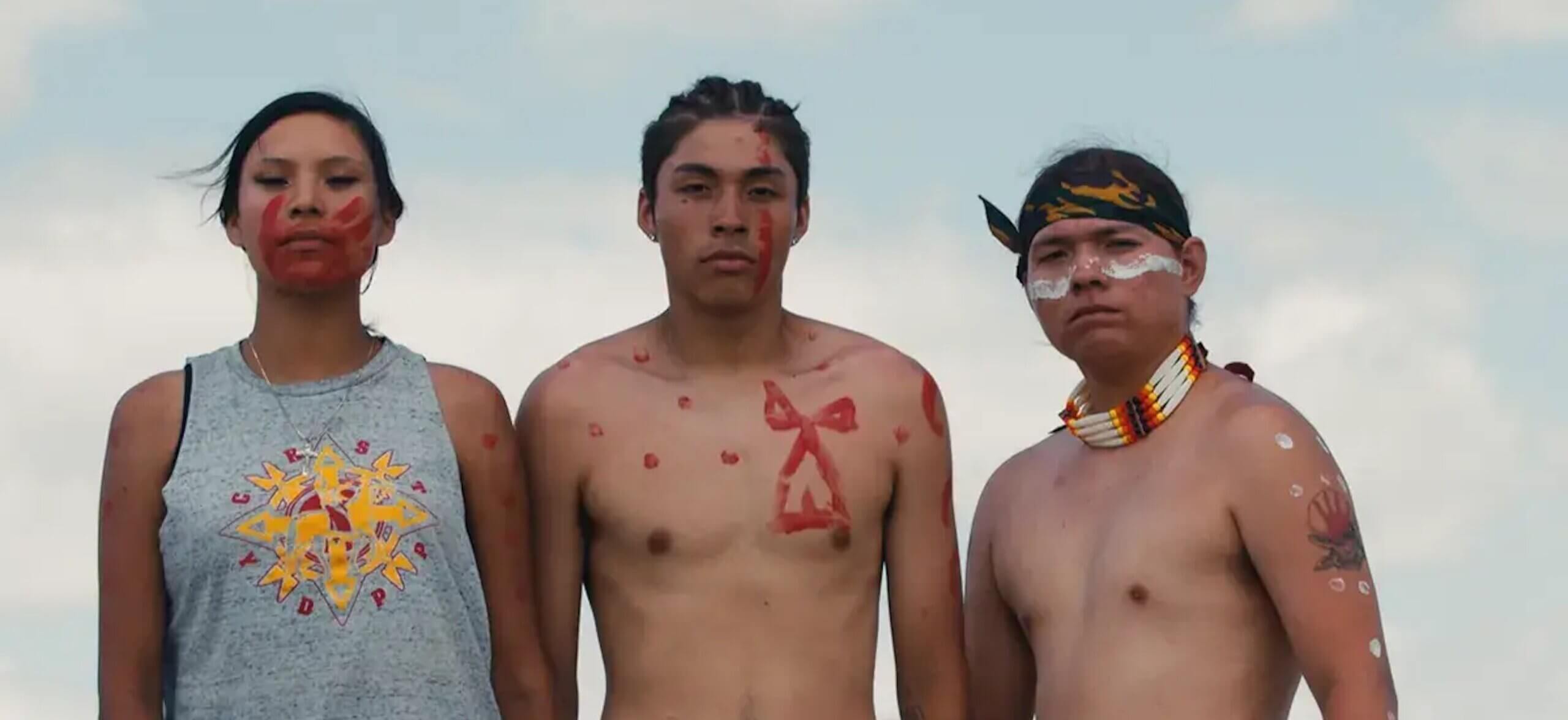According to Parrot Analytics, documentary production is outpacing demand, which increased 44% over the last three years, likely due to streaming platforms rising to meet interest
1.
Amid our diet of scripted reality, sci-fi, and sitcoms, documentaries give us a shot of 'brain food', enabling us to examine history, issues, and viewpoints that we may not have otherwise been exposed to.
But as documentary production has grown, the journalistic-like standards by which filmmakers have long stood by have become a little murky.
Since Netflix first burst onto the scene 27 years ago, the way we consume content has changed dramatically–and so has the way it’s produced. Where once independent documentaries provided major platforms both an opportunity to create industry credibility and draw in new audiences, commissioned content has brought documentaries into the realm of commercialization.
According to the
Center for Media Impact’s report on the State of Journalism on the Documentary Filmmaking Scene, this rush for commissioning non-fiction content over the last few decades has sometimes blurred documentary standards
2.
The race for content has led to some distortion in the pursuit of entertainment. Netflix’s hugely popular Tiger King (2020) series employs some reality T.V. aspects
3, and creative re-enactments, once taboo, are employed wholeheartedly by films like Operation Varsity Blues (2021), blurring the lines between documentary and drama
4.
Yet, despite an increasing lack of transparency, the public’s trust in documentaries remains high, according to the report.
With the high level of public faith in documentaries, how do filmmakers ensure that trust is earned?
It’s a question that Sara Archambault, Filmmaker and Program Director at the Shorenstein Center on Media, Politics and Public Policy has her sights set on.
The Shorenstein Center is the Harvard Kennedy School’s research center at American University, focused on
“protecting the information ecosystem and supporting healthy democracy by addressing the twin crises of trust and truth that face communities around the world”5.
Archambault is the Program Director of its Documentary Film in the Public Interest initiative, examining changes in media and their effects on viewers as citizens.
“We consider audiences from where they sit as citizens and not how the marketplace sees them - as consumers. That lens creates a very nuanced and delicate way to understand what's at stake in the documentary space,”
“Documentaries are films that by and large are rooted in true stories, but that word ‘truth’ is tricky. Whose truth, in what context, under what circumstances, from what perspective?”
There are journalistic elements to documentaries in their exploration of truth. Independent documentaries have earned the trust they enjoy because they have long held themselves to a high standard, often borrowing from the journalists’ code of ethics.
These standards have evolved naturally because, unlike journalism, there has never been a clear set of industry standards or ethical principles for documentaries. In fact, many argue that to hold documentaries up to the same standards is to compare apples and oranges; their goals are not the same.
Journalists serve as the fourth estate, providing accurate, timely information about the world. Documentaries take these events in good faith, intending to build meaning or create awareness and action through storytelling.
As a filmmaker herself, having produced
Riotsville, U.S.A., along with Director
Sierra Pettengill, among other films, Archambault asserts there is a need to view documentaries slightly differently:
“Fairness, balance, and objectivity, which is what we believe to be a core tenant of journalistic practice, is not so central to documentary filmmaking. In fact, in many ways, documentary films are interrogating that very idea.
Riotsville, U.S.A. was directly challenging the notion that the media reporting during the late 1960s had been fair and balanced in its presentation of the rebellions during that period,” Archambault said.
 |
 |
Documentary Film Producer and Programmer
Sara Archambault |
Documentary Filmmaker and Activist
Sierra Pettengill |
Riotsville, U.S.A. is a great example of taking those standards in a different approach. The film takes a look back at the formation of America’s riot police, where the U.S. government installed model townships to train federal police against uprisings, in response to the civil rights movement during the 1960s.
Linking archival footage and research, the film reveals the actions set in motion that have spurred the growing militarization of police ever since. Even more pertinent as we watch the continued shutdown of protests around the country today.

Image 1 from Riotsville, U.S.A.
Riotsville, U.S.A. employed rigorous standards from the start. Pettengill, an archivist herself, told
Filmmaker Magazine she took an investigative approach from the get-go, collecting archival video, and researching the film for five years before going into production
6.
“A lot of that Riotsville footage that we used was shot by ABC and BBC. So, for the most part, everything that’s shown in this film was shown before and comes from fairly mainstream outlets. That’s important to me on a second level: I’m doing investigative work in some ways,”
“But there’s something equally important to me about rebroadcasting what we already knew as a nation. This is part of the public record, and has either been forgotten or contextualized in a different way than I want to contextualize it,” Pettengill said.
Archambault adds: “We engaged experts on the period, and we did numerous rounds of fact-checking as we built the story - even the language used throughout was chosen with the utmost deliberation. This level of rigor is employed by nearly all documentary filmmakers and demanded by many - but notably not all distributors.”

Image 2 from Riotsville, U.S.A.
Riotsville U.S.A. demonstrates that the research process behind documentaries is more often than not thorough and that the relationship to trust is heavily considered. In some ways, it’s Archambault’s job to examine that process and critique the industry's impact on credibility.
“There’s a market imperative that’s driving streaming companies to create the kind of non-fiction content that gets watched most. It’s just not clear whether that’s strictly about what audiences want or whether it’s a reflection of what shows up in their feed. The concern is that the snake eats its tail and that a sense of discovery is lost.”
Ultimately, documentaries are a learning tool for both the filmmaker and the audience. They provide a starting point for inquiry, spark action, and deepen understanding. The better the quality of information sourced, the better the information provided - but primary evidence is not the only center of truth.
Documentaries are unique in how they connect us to the very real human stories that these issues affect. Our exposure to these personal stories opens us to new perspectives, building trust through authenticity and understanding. There is room for nuance, and in their format, documentaries remain a vital tool in our visually-centered world.
Film Platform carefully selects documentaries you can trust.
Explore
our collection further on FilmPlatform.net.
1. Growing demand for Documentaries. Parrot Analytics. Published 18 January, 2024. Retrieved April 2024, from https://www.parrotanalytics.com/insights/growing-demand-for-documentaries/ ↩
2. The State of Journalism on the Documentary Filmmaking Scene. Center for Media & Social Impact. Published September 2021. Retrieved April 2024, from https://cmsimpact.org/report/the-state-of-journalism-on-the-documentary-filmmaking-scene/ ↩
3. Tiger King. Directed by Rebecca Chaiklin and Eric Goode, performance by Joe Exotic, Carole Baskin, John Reinke. A Goode Films Production, Article 19 Films, Library Films and Netflix, 2020. Netflix, https://www.netflix.com/title/81115994 ↩
4. Operation Varsity Blues: The College Admissions Scandal. Directed by Chris Smith, performance by Matthew Modine, Roger Rignack, Jillian Peterson. 2021. Netflix, https://www.netflix.com/title/81130691 ↩
5. Shorenstein Center. (n.d.). About Us. Shorenstein Center on Media, Politics and Public Policy. https://shorensteincenter.org/about-us/ ↩
6. “I Don’t Want to Make Seamless Films”: Sierra Pettengill on Riotsville, USA. By Vadim Rizov in Directors, Festivals & Events, Interviews, Sundance. Filmmaker Magazine. Published 22 January 2022. Retrieved April 2024, from https://filmmakermagazine.com/113116-interview-sierra-pettengill-riotsville-usa/ ↩





